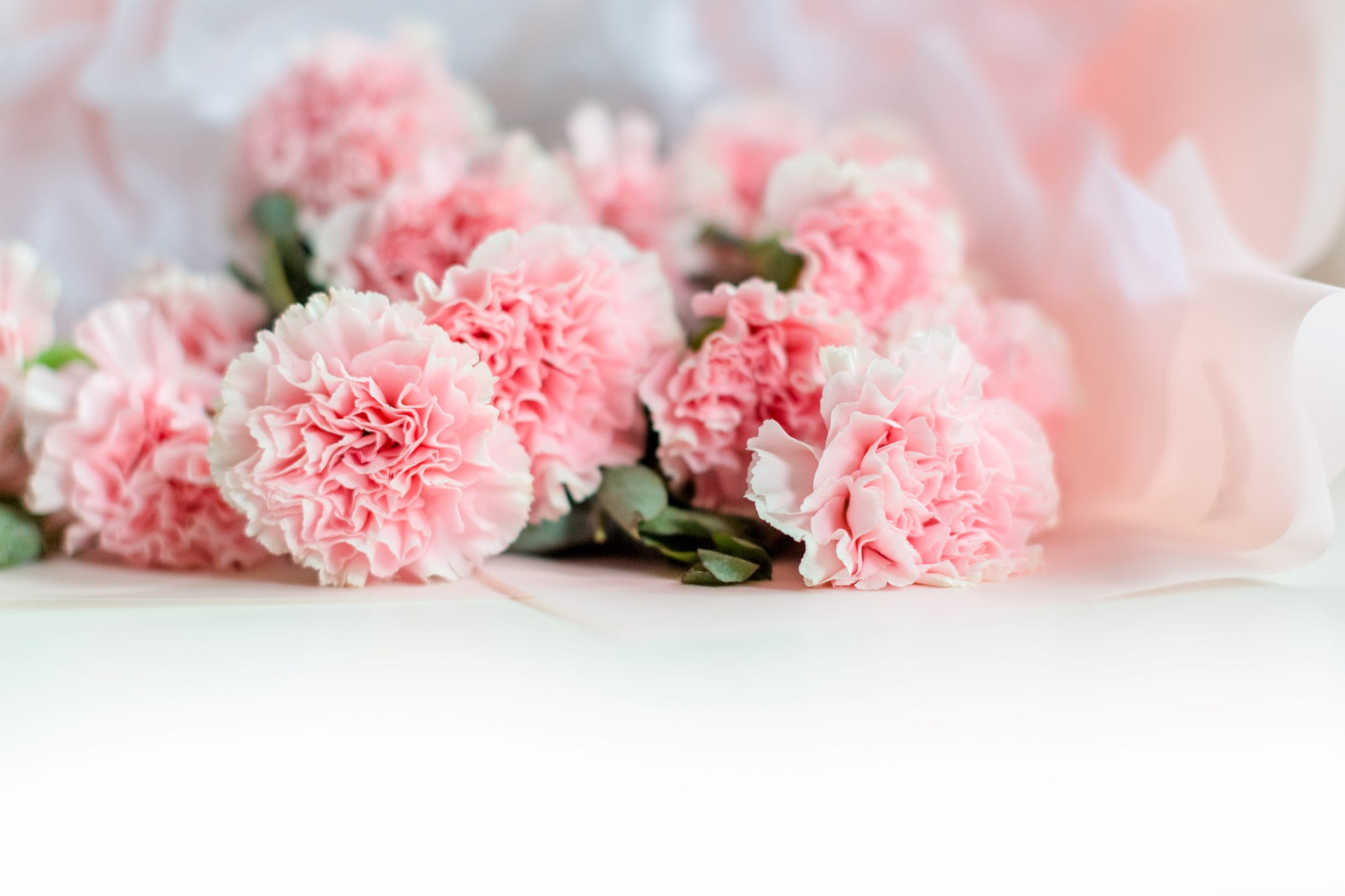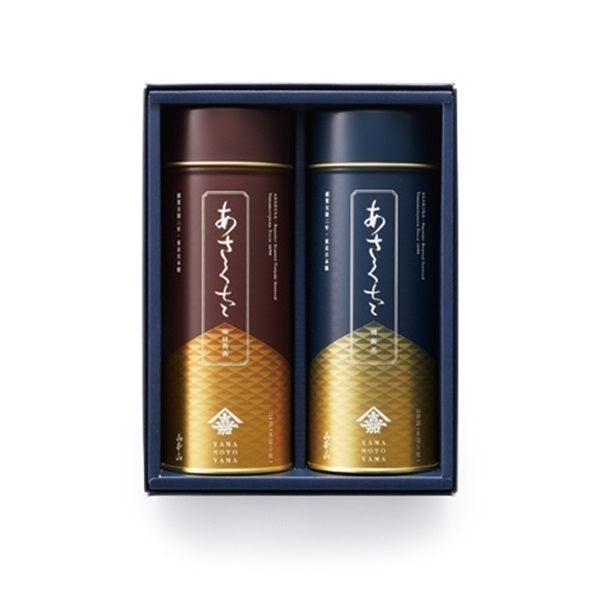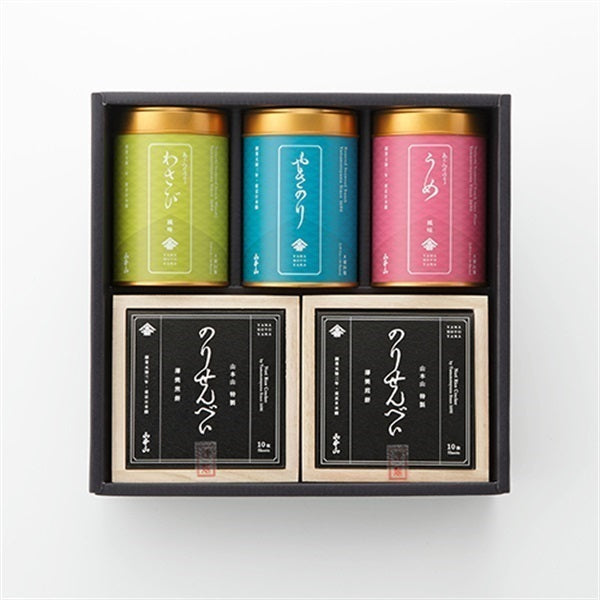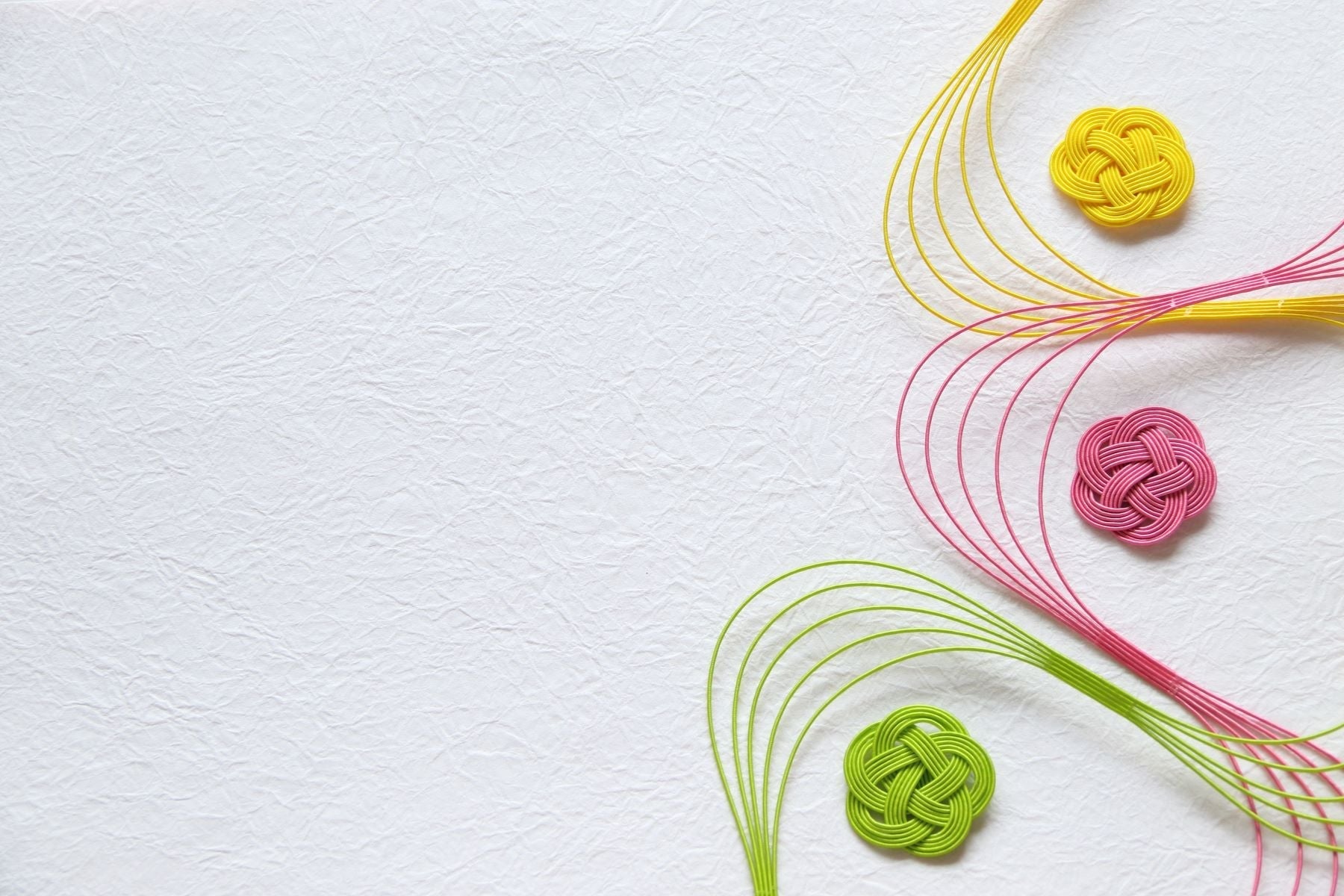
Recommended for Mother's Day | Give good luck! Seaweed gift, a symbol of longevity
- Introduction
- Mother's Day: Origins
- Living together, living apart. Mother's Day for each
- What is your budget for Mother's Day gifts?
- Reasons why Yamamotoyama is recommended as a Mother's Day gift
- Nori: A lucky charm that brings good fortune
- Yamamotoyama, a symbol of health and longevity
- A taste loved by generations
- Recommended gifts for Mother's Day
Introduction
Mother's Day is celebrated on the second Sunday in May. Mother's Day in 2025 will be on May 11th.
Have you decided on your Mother's Day gift yet?
It's an important day to express heartfelt gratitude to mothers who always work hard for their families, at work and at home.

Mother's Day: Origins
Mother's Day is said to have originated when an American woman commemorated her late mother by distributing carnations at church on the anniversary of her death.
This warm sentiment resonated with people, and gradually this day spread around the world as an irreplaceable day to express the love and gratitude for one's mother that people usually find too embarrassing to express.

Living together, living apart. Mother's Day for each
If you live together, why not get your children and husband to cooperate and help with the housework?
It will be a wonderful gift that will ease your mother's burden and allow her to relax.
If you live far away, it is common to give gifts such as carnations or sweets to show your gratitude. Sending a heartfelt message along with the gift will also be appreciated.

Also, when celebrating Mother's Day for each spouse's mother, it is customary for the husband to give gifts to his wife's mother and then his own mother.
We tend to think that gifts should be given with a return gift, but since Mother's Day is a family celebration, there is no need for a formal return gift.
The most satisfying gift would be to convey the words "thank you" from the heart.

What is your budget for Mother's Day gifts?
Generally, the average budget for a Mother's Day gift is said to be around 3,000 to 5,000 yen.
At this price range, you'll have an easy time finding a gift that your mother will love from a wide range of options, including flowers, sweets, and practical accessories.
Of course, your feelings are the most important thing, so please use the market price as a guide only. If you give a gift that expresses your gratitude to your mother, she will surely understand.

Reasons why Yamamotoyama is recommended as a Mother's Day gift
1. Nori: A lucky charm that brings good fortune
Nori was once called "Unkusa."
The reason is that the method of producing nori was only discovered in the 1950s. Prior to that, the ecology of nori was completely unknown, and harvest yields were unstable.
It was truly something that you could harvest if you were lucky.
For this reason, seaweed is considered a symbol of good luck and good fortune.
Even today, it is considered a very auspicious gift and is chosen as a gift for loved ones with the wish that "good fortune will come to you."

2. Yamamotoyama, a symbol of health and longevity
The name "Yamamotoyama" is imbued with more than 300 years of history and tradition.
Its deep, solid sound is said to symbolize longevity and health, and many people believe it to be auspicious.
On Mother's Day, a special occasion when we express our gratitude, giving a Yamamotoyama gift also carries the auspicious meaning of wishing our precious mothers good health and longevity.

3. A taste loved by generations
When customers pick up Yamamotoyama, the first thing they often say is, "It brings back memories!" or "That's the Yamamotoyama!"
At that moment, I can imagine a smile naturally breaking out on their face and a warm conversation starting from there.
Many people of your mother's generation will remember the phrase "Whether you read it from top to bottom or bottom to top."
I wonder what kind of conversations were taking place in the living rooms of homes around the time that commercial was airing. I'm sure it will bring back memories of family members and make you feel nostalgic.
"That's the Yamamotoyama, right?" "You knew it well," "Do you remember the commercial?" We hope you can have a fun time with your family reminiscing about old times.





